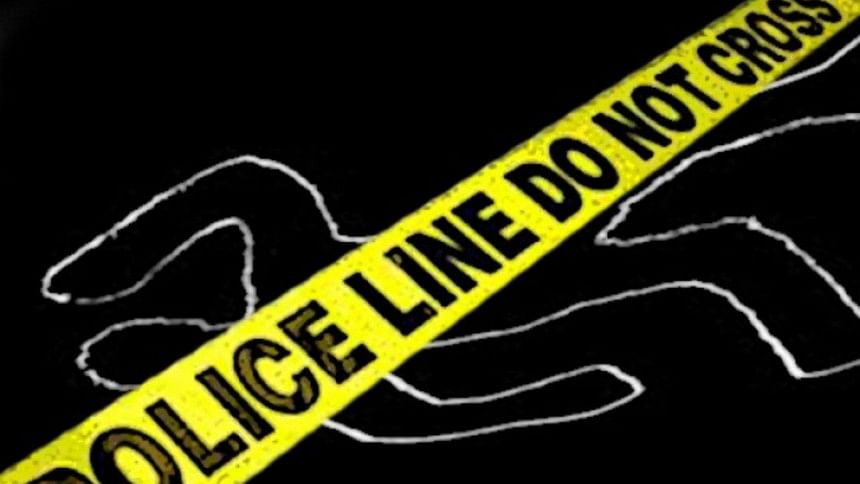The dangerous 'quick fix'

In the first two days of the week, two key suspects of machete killings, Faijullah and Sharif, were killed in 'shootouts'. Though the government is portraying it as a success, there is a good reason to be worried -- law and order problems can't be fixed by resorting to further infringement of legal procedures.
Both the suspects could have been important sources of information and witnesses in tracking and holding trial of the terrorist networks and their masterminds. Police claimed that Sharif had direct or indirect involvement in all the attacks on secular bloggers, publishers and LGBT rights activists, and was a prime accused in the Avijit Roy murder case. Similarly, another deceased suspect, Faijullah, was a member of Hijbut Tahrir, a new addition to the terrorist killing squad. He could have given more details about the extremist outfit. We wonder what prompted the police force to kill the suspects instead of going through proper interrogation and trial. Did the killings happen to silence the witnesses? Who are being protected by eliminating the sources?
Professor Ajoy Roy, father of the slain writer Avijit Roy, expressed his concern, saying that the scope of gleaning new leads about the murder cases has been stopped in a planned way, thanks to "so-called gunfight". The government owes an explanation to the aggrieved father and the public, as to why its law enforcement agencies failed to protect the prime suspects in their custody and thus thwarted a possibility of identifying those behind the heinous machete killings.
Does it not also show that the law enforcing agencies themselves do not have confidence in the justice system? Trial in the court of law is the prerequisite of dispensing justice. Killing of suspects in custody obstructs the trial process and erode people's confidence in the justice system, and thus creates further lawlessness. In a recent landmark decision, the Supreme Court upheld the rights of arrested persons in custody and ruled out custodial torture. It also recommended that interrogation of arrestees by the police should be conducted only in the presence of their lawyers and relatives in a glass walled room at the jail gate, until the government developed such glasshouses for interrogation elsewhere. In Faizullah's case, he had been produced before the court on June 18, and the Court allowed a 10-day remand. But the next day he was killed in 'crossfire' and the dead body appeared to be handcuffed. Does this act of police not constitute a violation of the HC directives? Doesn't it reflect a sheer disregard for the constitutional pledge that "no action detrimental to the life, liberty, body, reputation or property of any person shall be taken except in accordance with law" (Article 31)? How can one differentiate between a criminal and a law enforcer if both of them are guilty of flouting the law?
The law minister has said that the extremists can be tried under the existing legal framework. There are provisions of forming a special tribunal for speedy trial of terrorists in the Anti-Terrorism Act 2011. On February 16, 2012, the Parliament passed an amendment to the Act that legalised capital punishment for domestic acts of terrorism. If the government thinks that there are still loopholes in the existing criminal justice system, they should go for further enactment and amendment of the anti-terrorism laws.
The tendency of bypassing legal procedures shows the weakness of counter-terrorism efforts. The ad-hoc anti-terror drives and crossfire of the suspects can't be more than a thriller show to garner applause. The fight against extremism requires regular concerted efforts to quell the sources of terrorism. It is not just about eliminating few terrorists, rather uprooting the ideology behind such extremist activities should be the goal of any counter-terrorism effort. Ensuring proper trial of the terrorists is vital in this regard because it can establish the most effective defenses we have against extremism: a commitment to human rights, fairness and equality.
The writer is Sr. Editorial Assistant at The Daily Star. Email: [email protected].

 For all latest news, follow The Daily Star's Google News channel.
For all latest news, follow The Daily Star's Google News channel. 



Comments